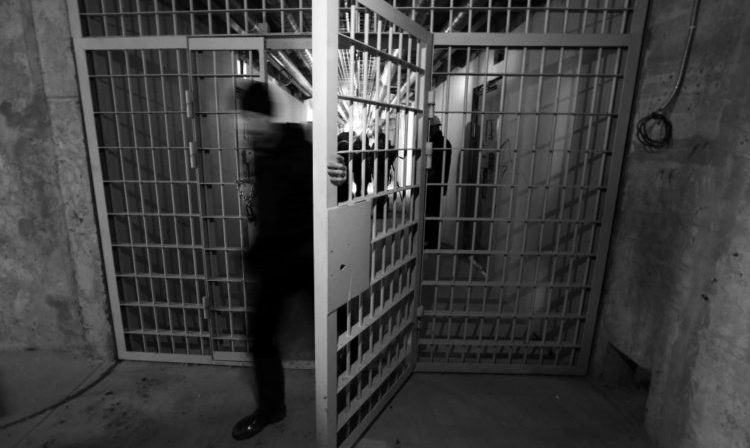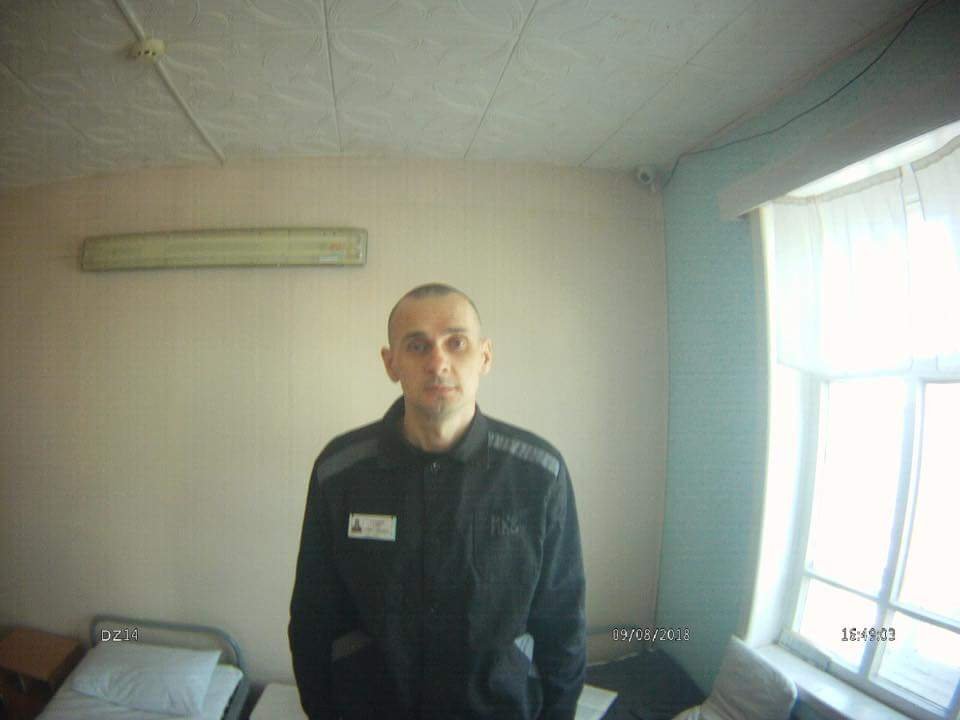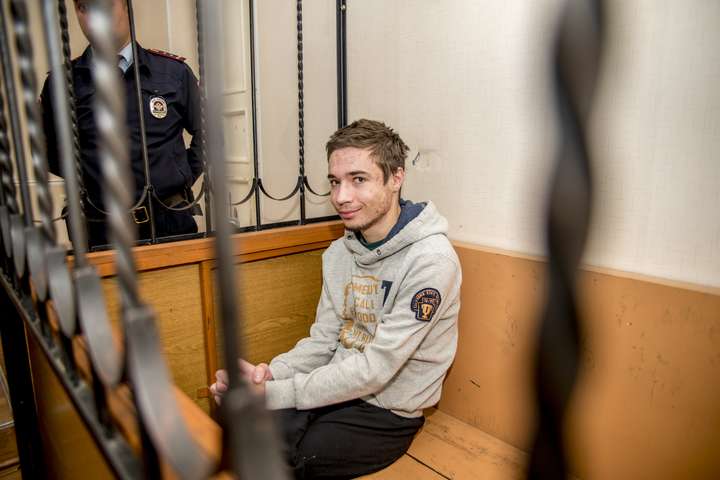Two years ago, Russian activist Vladimir Kara-Murza pointed out that Vladimir Putin’s Russia had more political prisoners than the USSR did when Andrey Sakharov began calling attention to them in the USSR in 1976.
In the period since Kara-Murza made that calculation, Ellen Leafstedt of St. Antony’s College at Oxford says, the numbers of political prisoners in Russia have only increased and indeed continue to rise. In an article for the Riddle portal, she suggests that it is important to recognize their diversity.
One can divide them into two categories, “People who land in prison for public expression of their political convictions and those who represent minorities who are deprived of their freedom for religious affiliations and convictions.” The latter category is the more numerous, Leafstedt says.
Among the most numerous of the second category are those charged with terrorism for their affiliation with groups like Hizb ut-Tahrir. Rapidly growing in number are Jehovah’s Witnesses whose denomination the Russian Supreme Court declared to be an extremist organization.
A third category involves those who can be charged with extremism and terrorism for political rather than religious reasons, people in groups like the New Greatness and the Sevastopol diversionists. And a fourth includes any political activist the Kremlin decides is inconvenient if left at large. Aleksey Navalny is the most prominent of these.

- Read also: Two and a half million reasons for state officials to boycott the FIFA World Cup in Russia
- 60 MEPs call on the EU to boycott FIFA-2018 over Russian wars, Ukrainian political prisoners
Not only are political prisoners more numerous in Russia than they were at the end of Soviet times but the authorities consider that they must blacken their reputations before they bring them to trial rather than doing both only at the same time, Leafstedt points out. That makes it more difficult for their supporters to launch campaigns in their defense.

The St. Antony’s scholar concludes by suggesting that
“in the final analysis, not all political prisoners must be martyrs or even innocent to deserve basic human rights. Even those prisoners who are not innocent are often persecuted not so much for the crimes they have committed as for their public activities.”
Given that Russian courts rarely return not guilty verdicts – that happens in fewer than one percent of all cases – many who aren’t listed as political prisoners by human rights organizations nonetheless have the right to claim the title as well.
Read also:
- I survived the basement prisons of the “Luhansk People’s Republic.” Here is what I saw. Part 1
- Ukrainian ex-Kremlin hostages launch platform to free political prisoners held by Russia
- Ex-Kremlin prisoners tell about torture, horrors of Russian prisons
- “Three days of torture, then a day off, and over again”: the plight of a Jewish-Ukrainian woman in occupied Donbas
- “Russians taught how to torture.” Ex-captives of Donbas “republics” share horrors of basement prisons
- FSB tortures detainees in occupied Crimea as law enforcement goes Soviet-style, UN report confirms
- Crimean Tatars in the crosshairs of Russia’s war on Muslims
- Russian authorities stage largest ever one-day raid against Jehovah’s witnesses






